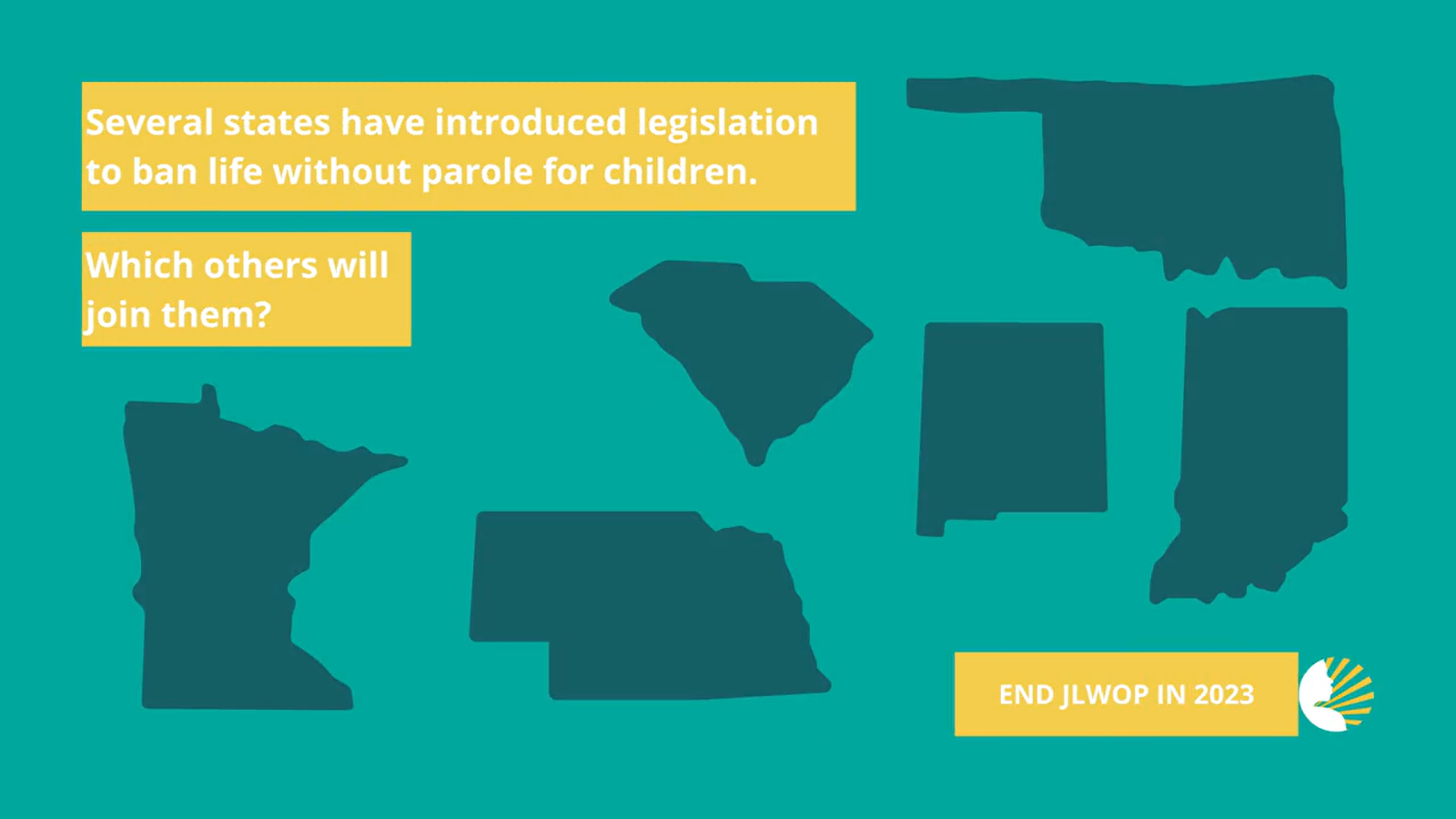Several States Consider Bills to End Juvenile Life Without Parole
JLWOP sentences currently banned in 27 U.S. States

This month, New Mexico Governor Governor Michelle Lujan Grisham signed into law SB64, the No Life Sentences for Juveniles Act, prohibiting sentencing juvenile offenders to life in prison without eligibility for parole in New Mexico. SB64 made New Mexico the 27th state to ban Juvenile Life Without Parole (JLWOP) sentences.
Bills currently in the Michigan Legislature (Senate Bills 119–123 and House Bills 4160–4164) could see Michigan become the 28th state to ban these death by incarceration sentences for juveniles by eliminating life without the possibility of parole for youth under 19, provide a minimum sentence of no less than 10 years and a maximum sentence of no more than 60 years, and allow for parole review after 10 years where incapacities of youth must be considered. “Incapacities of youth” are the factors addressed in the U.S. Supreme Court Miller vs. Alabama case that declared automatically sentencing a child to life without parole was unconstitutional; the juvenile’s age and immaturity; family home environment; circumstances of the offense, including the role the juvenile had in the offense, and any influence of peer pressure.
Along with Michigan, the following states currently have bills banning the use of JLWOP sentences in the legislative consideration process:
Indiana - Senate Bill 410 (legislator lookup for voter contacts)
Nebraska - Legislature Bill 127 (legislator lookup for voter contacts)
Oklahoma - Senate Bill 153 (legislator lookup for voter contacts)
South Carolina - Senate Bill 267 (legislator lookup for voter contacts)
Minnesota - House File 1300 (legislator lookup for voter contacts)
Voters in these states - fire up those emails and phone calls using the legislator lookup links above. Let your legislators hear about your support for these bills to end the unconstitutional practice of sentencing juveniles to death by incarceration sentences.










